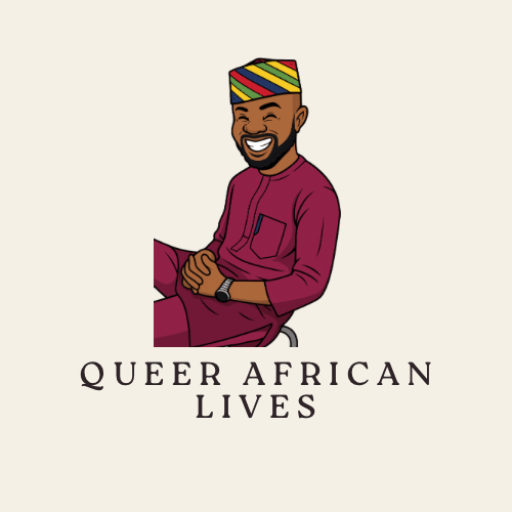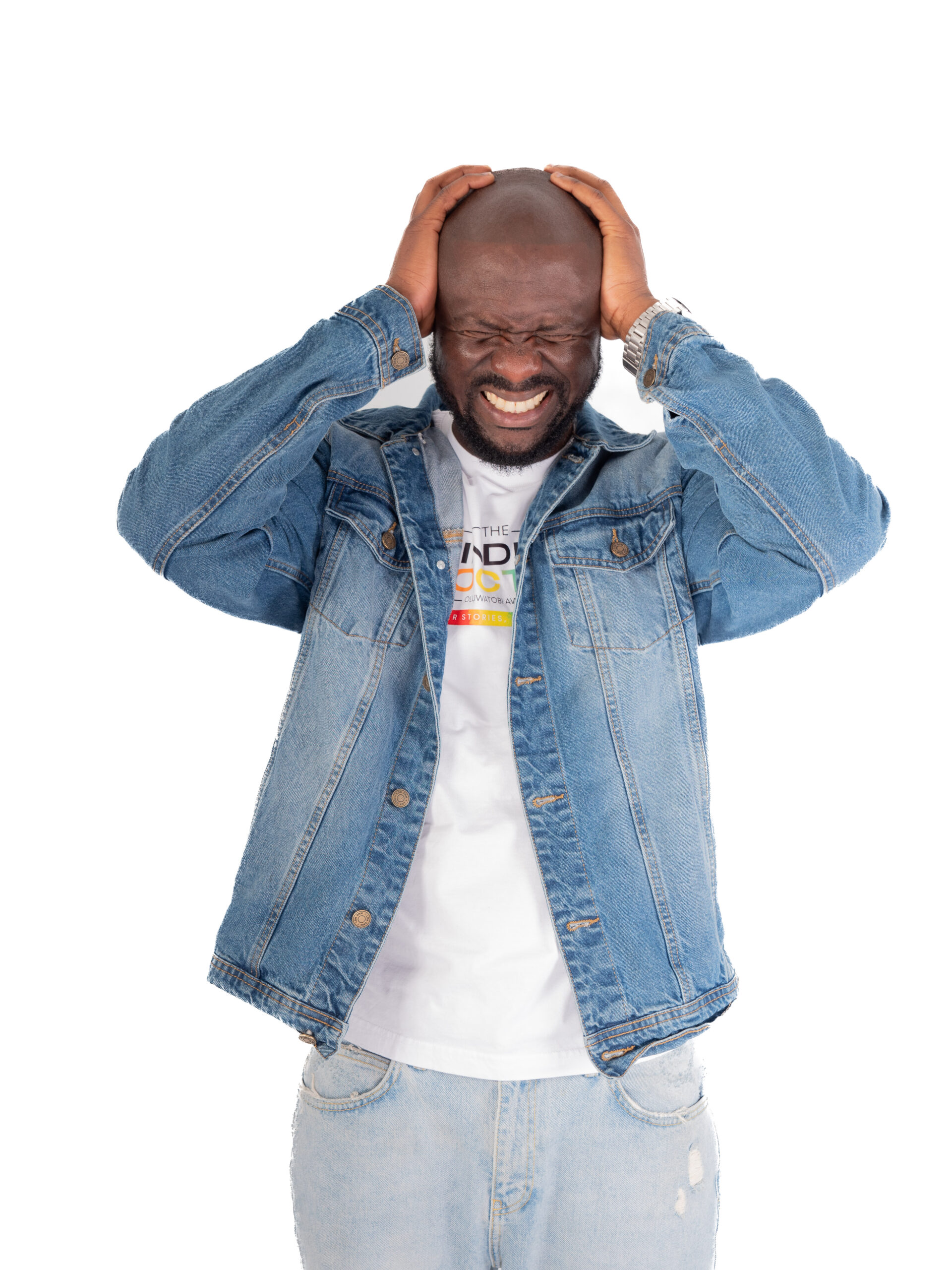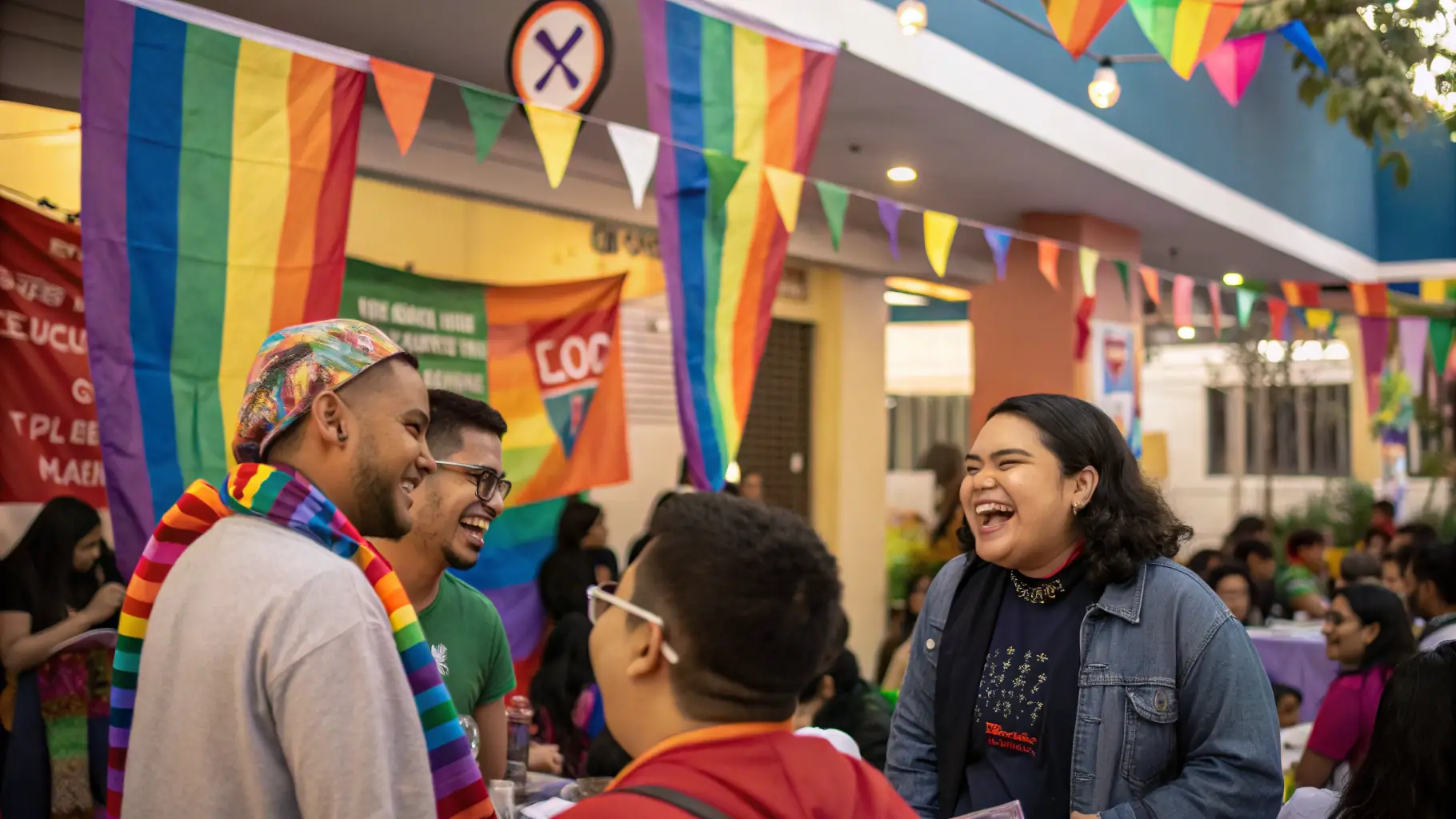There’s a particular kind of heartbreak that doesn’t come from rejection by strangers, but from the people who raised you. The heartbreak of being your full, free self—and still feeling like a disappointment.
It’s a pain so many queer Nigerians know too well. Not because we hate who we are. But because we were raised to believe that honesty is betrayal. That queerness is a curse. That love—our love—is something to mourn.
Growing up with silence and shame
In Nigeria, queerness is rarely named out loud. It lingers in whispers, in warnings, in the shame that floats between church sermons and family gatherings. From childhood, you’re taught to measure your words, your walk, your laughter—always making sure nothing betrays the “good child” they want you to be.
The disappointment doesn’t always come in direct rejection. Often, it’s subtler.
The uncle who says, “God will fix you.”
The family friend who insists, “You were such a good boy before…”
The cousins who leave the room when you walk in.
It builds in layers, until you’re shrinking yourself without even realizing it.
The guilt that lingers
Even after years of unlearning, healing, and self-acceptance, guilt doesn’t always disappear. There are moments—at weddings, birthdays, holidays—where the old reflex comes back: the urge to hide.
And so, I still talk myself down from that ledge. I remind myself: I didn’t fail them. They failed me.
They failed to protect me from a world that taught me to be disgusted by my own joy.
They failed to question the violence they wrapped in religion.
They failed to imagine a love that didn’t look like theirs.
Choosing softness over shame
But survival is not always about hardening. Sometimes it’s about softness. About choosing to love yourself even when the world tries to convince you not to.
I survived not by becoming bitter, but by staying tender.
By holding myself in the moments when silence felt like a slap.
By keeping my heart open, even when it remembered every bruise.
This is what it’s like to be gay in Nigeria: to live in the tension between pride and pain, joy and rejection, freedom and fear.
For those carrying this too
Maybe this story sounds like yours. Maybe you’re proud of who you are, but still haunted by who they wanted you to be.
If that’s you, please hear this:
You are not wrong.
You are not broken.
You are not a disappointment.
You are a miracle they never prayed for. And still—here you are.
And if this sits heavy on your heart, know this: you are not alone. That’s why I created Queer African Lives—to hold space for our stories, our healing, and our truth.
Because we deserve more than survival. We deserve joy.
🌈 Question for you: What’s been the hardest part about accepting yourself?


